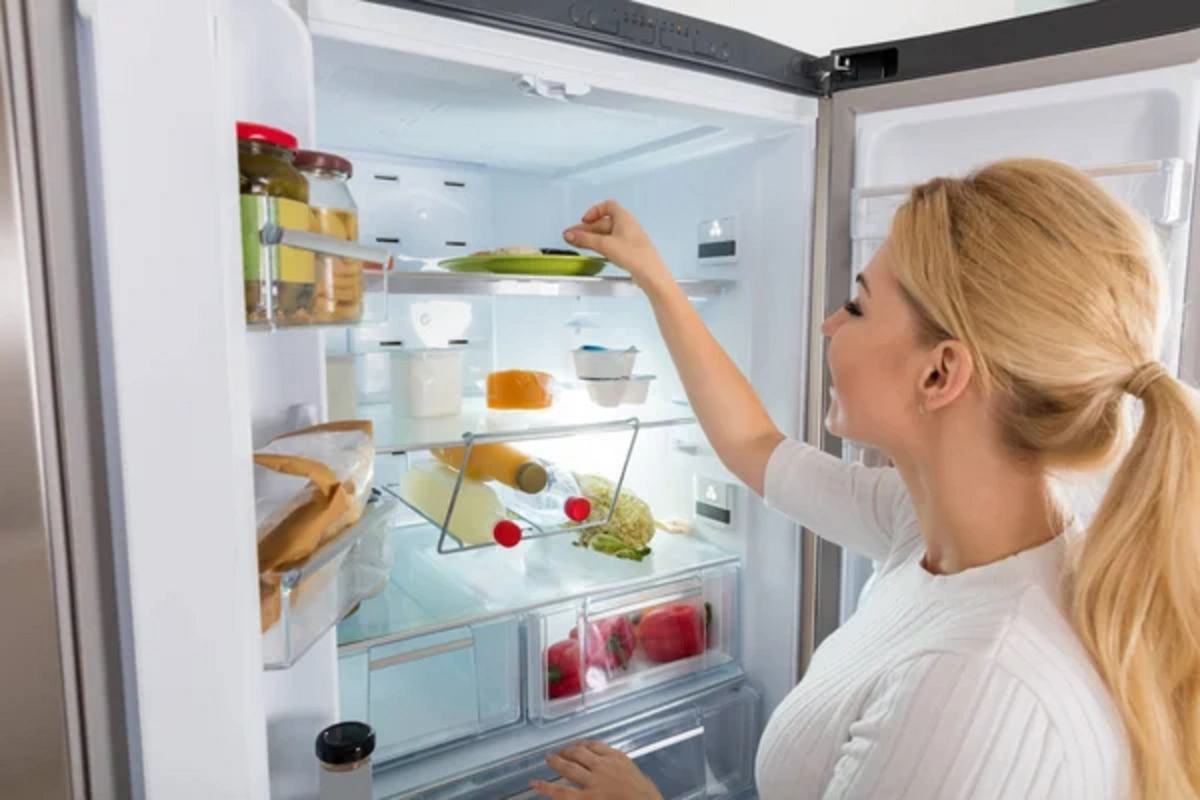How to properly store food in the refrigerator?

Every home has a refrigerator, but not everyone knows how to properly store food to keep it fresh longer and safe for health.
Improper organization can lead to rapid food spoilage, unpleasant odors, and even food poisoning. To avoid this, it's important to consider temperature, zoning, and packaging rules.
Optimal temperature and humidity
The main condition for food preservation is the correct temperature regime. Most refrigerators maintain a temperature from 0 to +5 degrees. In the freezer, it should not be higher than –18 degrees. Different zones of the refrigerator have different temperatures: the upper shelves are slightly warmer than the lower ones, and the door is the warmest part.
Food placement by zones
Each type of food requires its own place.
Upper shelves are suitable for ready-made dishes, sauces, yogurts, and beverages. Here the temperature is stable and slightly higher than at the bottom.
Middle shelves are better used for dairy products, cheese, and sausage.
Lower shelves are the coldest, so that's where you should store meat, fish, and seafood, preferably in closed containers.
The drawers for vegetables and fruits maintain higher humidity, which helps keep them fresh longer. But it's important to separate different types, as some fruits release ethylene and accelerate the ripening and spoilage of others.
In the refrigerator door, you can store products that don't require strict temperature control: eggs, sauces, ketchup, mayonnaise, beverages. But milk is better placed on a shelf rather than in the door.
Packaging rules
To prevent products from drying out and absorbing foreign odors, they need to be properly packaged. For this purpose, use food wrap, airtight containers, and paper bags. Never store food uncovered. Meat and fish should preferably be separated and packaged individually to avoid cross-contamination.
Storage times
Even in the refrigerator, products cannot be stored indefinitely. Raw meat and fish stay fresh for just a couple of days, dairy products – from several days to a week, eggs – about a month. Leftover cooked food should preferably be consumed within 48 hours.
Cleanliness and refrigerator maintenance
Regular cleaning is another important condition. At least once a month, you need to wash the shelves and drawers with warm water and mild detergent, wipe the door and handles. This helps eliminate bacteria and unpleasant odors. It's also recommended not to load the refrigerator too tightly – air should circulate freely.
Proper food storage in the refrigerator allows you not only to save money but also to take care of your family's health. It's enough to maintain the temperature regime, arrange products by zones, monitor expiration dates, and maintain cleanliness. Then food will stay fresh and tasty much longer.
Similar News
The "biggest mystery" of iPhone 17 revealed
Just a few days before the expected presentation of the iPhone 17 series from Apple, the "main design mystery" surrounding the Pro models has finally been solve...




 Azərbaycanca
Azərbaycanca  По-русски
По-русски  English
English 






